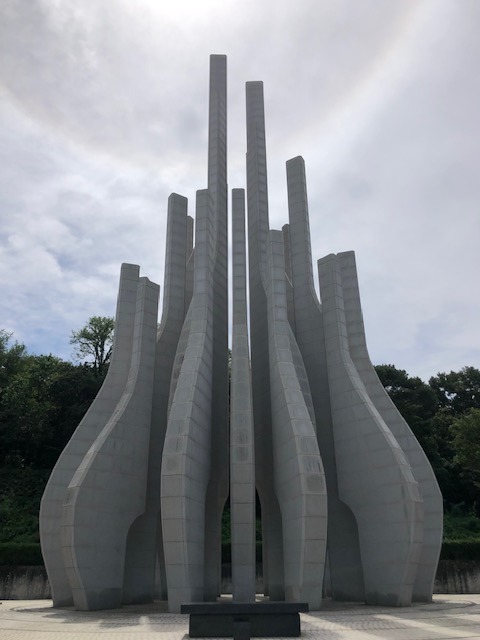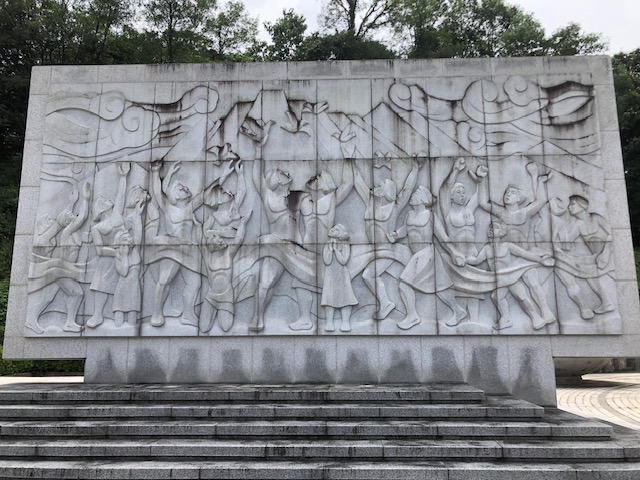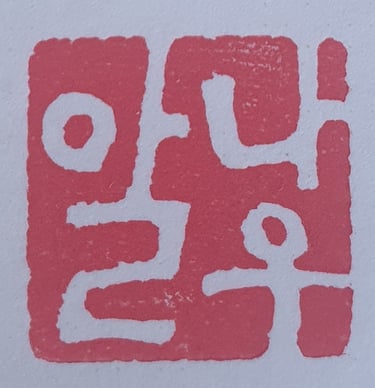The Gwangju Uprising:
Photo Credit: SEROUANE Salima
The Gwangju Uprising, also known as the Gwangju Massacre, is a significant event in the modern history of South Korea. Occurring in May 1980, this popular uprising against the military government had a profound impact on the development of democracy in South Korea. Here is a detailed overview of this crucial event.
Historical Context
By the late 1970s, South Korea was under the rule of a military regime led by President Park Chung-hee. Following Park's assassination in 1979, a period of great political instability ensued. General Chun Doo-hwan seized power in a military coup in December 1979, promising to restore order while quickly imposing repressive measures.
Triggering the Uprising
On May 18, 1980, students from Chonnam University in Gwangju organized a peaceful protest against the martial law imposed by Chun's government. The violent repression of this demonstration by military forces sparked widespread protests throughout the city. Citizens of Gwangju, including students, workers, and ordinary people, rose up against the brutality of the government.
Events of the Uprising
Clashes between demonstrators and military forces intensified in the following days. Protesters took control of the city while government forces attempted to suppress the uprising with increasing force. On May 27, government troops launched a major offensive to retake Gwangju, resulting in violent clashes and numerous civilian casualties.
Casualties
Estimates of the death toll vary, but it is believed that between 200 and 600 people lost their lives during the uprising. Thousands more were injured or arrested. The Gwangju Uprising left an indelible mark on the national consciousness of South Korea, symbolizing the struggle for democracy and human rights against authoritarianism.
Impact
The Gwangju Uprising played a crucial role in South Korea's democratic movement. Although it was suppressed in the immediate aftermath, it galvanized opposition to the military regime and contributed to the growing pressure for democratic reforms. In 1987, under pressure from large-scale protests and public opinion, the government agreed to direct presidential elections, marking a significant transition toward democracy.
Commemoration
Today, the Gwangju Uprising is commemorated every year in South Korea. May 18 is observed as a national day of remembrance, and the Gwangju National Cemetery, where many victims are buried, serves as a pilgrimage site for those honoring the sacrifices made by those who fought for freedom and democracy.
The book by Nobel Prize winner Han Kang, "Human acts" tells the story of young Tongho during this dark chapter in the country's history.
The Gwangju uprising on screen : The youth of may - 오월의 청춘 - Directed by Song Min-yeob







